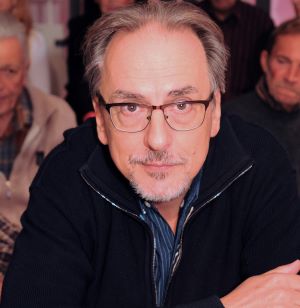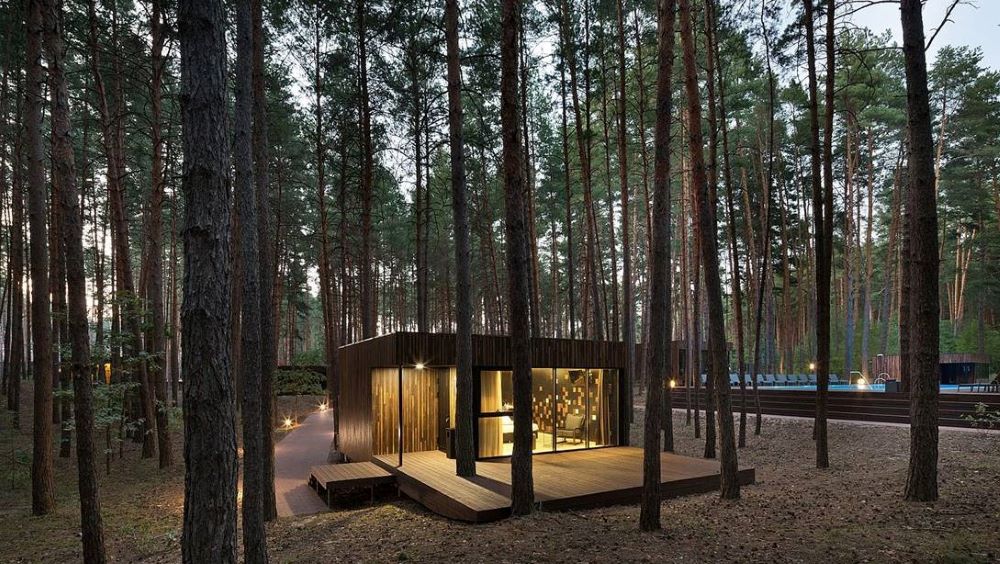Many species disappeared because they no longer had their own environment, and we could learn from that, and try to preserve this vicinity of ours. And one of the best ways to do that is to learn as much as possible about it.

Voja Žanetić
Vicinity is taking a break for a while. Sorry, I meant, “Vicinity”.
The previous sentence will have a more comprehensible and less worrisome meaning if we explain that this portal of ours will not publish new columns for a short while.
And if the author of this text were to make the decision, there would not only not be a break, but a new edition of Vicinity would be published daily. Because that’s how often you need to be informed about what’s happening in the vicinity, more or less. Let me try and explain why.
* * * * *
“Vicinity” is an exceptional word.
It does not only include the territory we are on, it does not require borders, nations, leaders, it does not have any obligation towards daily events and their actors. Vicinity is not strictly about conditions dictated by negotiations and agreements: politics may affect our vicinity, but not necessarily – because, if we were to choose so, the vicinity can be out of touch with what is transient. The conditions of our environment are something we can influence, if we know how to do so. Or if we like it, we can leave it as is.
Our vicinity consists of the friends we know, the people we meet, the weather conditions we live in, the landscapes we visit, the places we can be in; it’s what we read, watch and listen to, the food we eat and the drinks we drink. Man has the freedom to choose his vicinity, if one doesn’t like it, one can change it. If one doesn’t, one can improve it.
In a somewhat broader sense, the vicinity is also what we can share. And if we are not in each other’s vicinity, we can exchange experiences: what everyone’s vicinity is like, what has improved where and in what ways, as well as what has worsened, making the vicinity longer the same. What did someone do for their vicinity, and in what way did the vicinity return the favour. If we want the vicinity to do something for us, we have to do something for the vicinity. The late John Kennedy thought of this, he just made the mistake of using the country as the subject of thinking about action. So it ended the way it did.
* * * * *
And we actually know very little about our vicinity. We are distracted by daily political news, social network ‘feeds’, binge-watching TV shows and spectacles with direct audience participation. Anything and everything tries to draw attention to itself, falsely presenting itself as our natural environment, stealing time, money and stress-unaccustomed health from us. And, most importantly, robbing us of our true environment. What is irrelevant is declared overimportant, ineffectively influential, stupidly clever. Whatever can be harnessed to break our touch with reality, it tries its best to fulfill its task. Our environment is our only reality – to which we devote ourselves unbelievably little.
For all these reasons, Vicinity requires its own daily information medium. One where people would exchange thoughts about their vicinity, find ways that help preserve and improve the environment, paths that the vicinity should take, so that it somehow survives the future. Many species disappeared because they no longer had their own environment, and we could learn from that, and try to preserve this vicinity of ours. And one of the best ways to do that is to learn as much as possible about it.
Precisely because of our vicinity this “Vicinity’’ of ours should not stop working. On the contrary.
* * * * *
And finally: not only is everyone’s vicinity at risk, but this particular “Vicinity” is also the target of someone’s hacker attacks. For days, our site has been bothering some people who don’t like the vicinity in in general, as well as “Vicinity” in this individual internet sense. Which tells us, more than anything else, that this “Vicinity”, because of all of our vicinities, makes a lot of sense.
Thank you for reading, and see you soon.



Leave A Comment